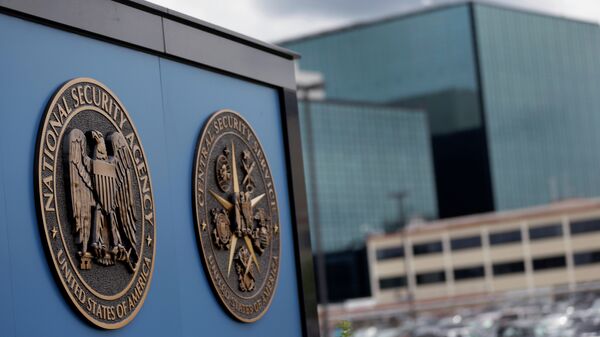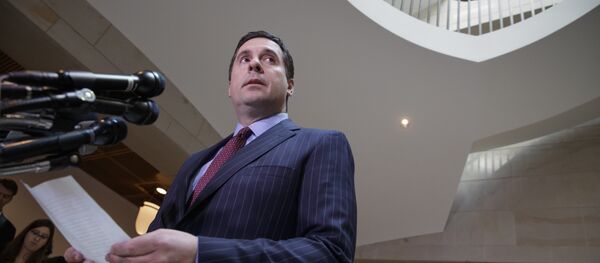“What the administration and the people in positions of authority in the intelligence community want you to believe is that this quote ‘incidental’ collection is really only when they’re looking at a foreigner that is a target is communicating with them,” Binney said. “That is just absolutely false. Here is what incidental really means, the secret interpretation – if they are after drug dealers, money launderers, criminals of any kind, international or even domestic, or terrorists and things like that – and they know they are in the communications line – they have the right to take the entire line, all of the lines, and store it and keep it there and mine it and look at it for as long as they want.”
What this means, Binney explained, is that fundamentally they can collect anything and everything in the fiber network in the United States. He mentioned that people in the NSA have frequently used this resource to look in on their lovers to see if they are cheating despite it being unconstitutional and illegal, and that this is how the information leaked about General Michael Flynn was obtained.
Binney also stated that if this program went to court, it would be ruled unconstitutional under the Fourth Amendment.
“It’s obviously unconstitutional to collect emails and listen to and transcribe phone calls of US citizens without a warrant. That’s on everybody, not just President Trump,” Binney said of the program. “That’s how they had General Flynn, that is how they have got material on many different people.”
The most recent NSA whistleblower, Edward Snowden, has also expressed a similar sentiment about Trump’s wiretap allegations.
“If Donald Trump wants to take this seriously, he needs to fix the problem that everyone in America's communications are being collected right now, without a warrant, and they're going into the bucket, and they're protected by very lax internal policy regulations, and this simply is not enough,” Snowden said earlier this month through a livestream at the SXSW conference in Austin, Texas. “The problem is not, 'Oh, you know, poor Donald Trump.' You're the president. You should be asking questions about, 'Why was this possible in the first place,' and, 'Why haven't I fixed it?'"




